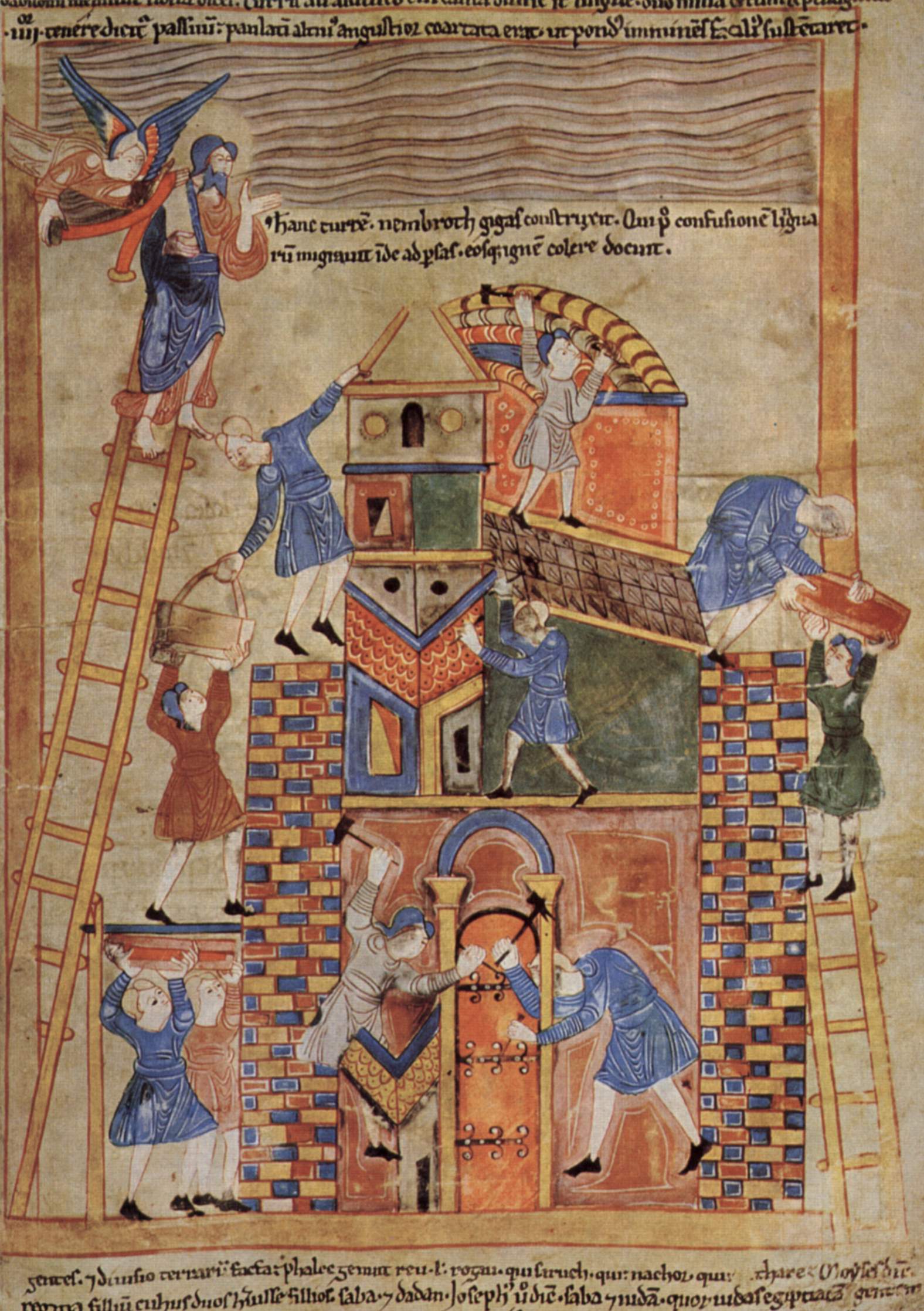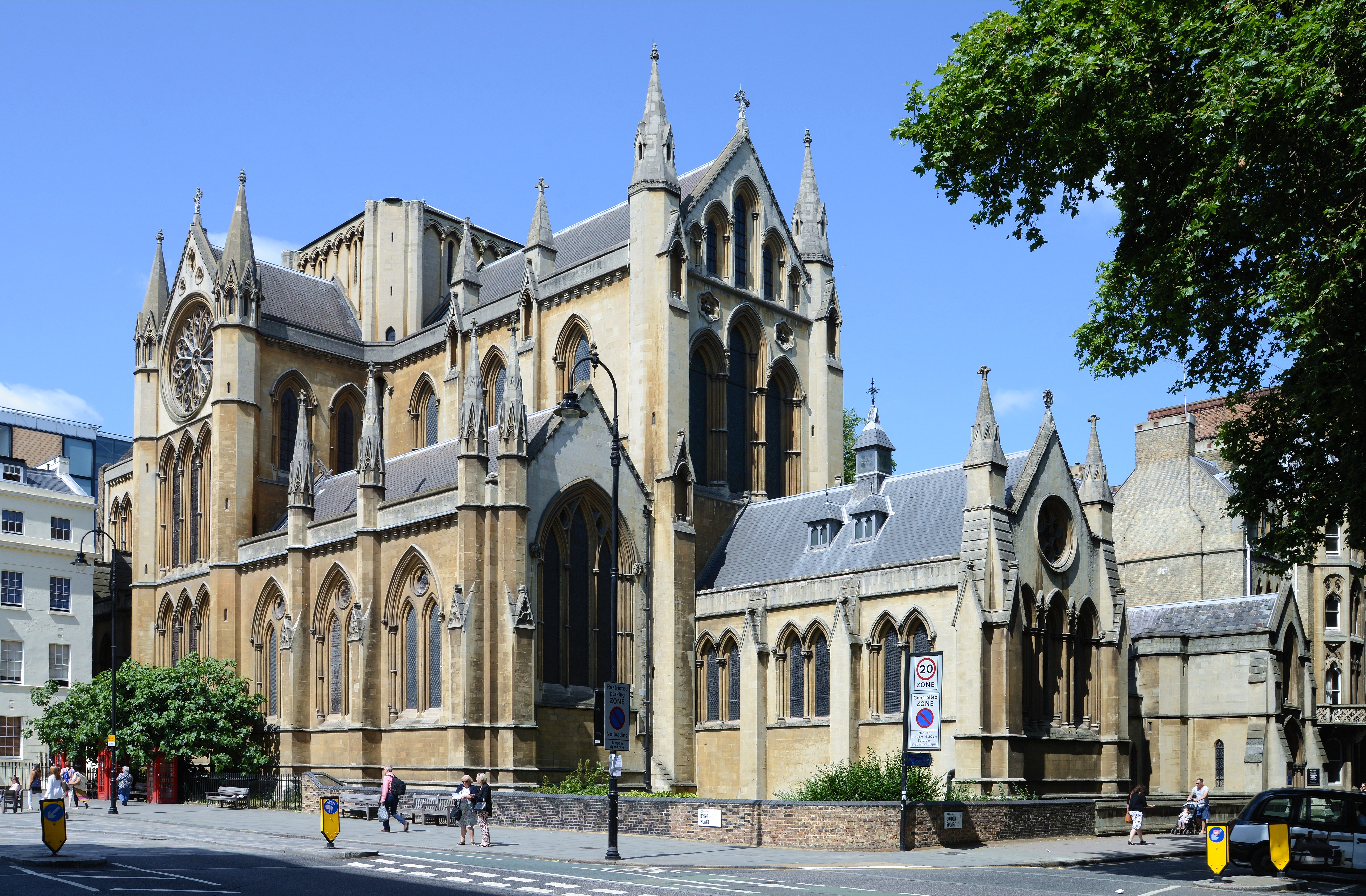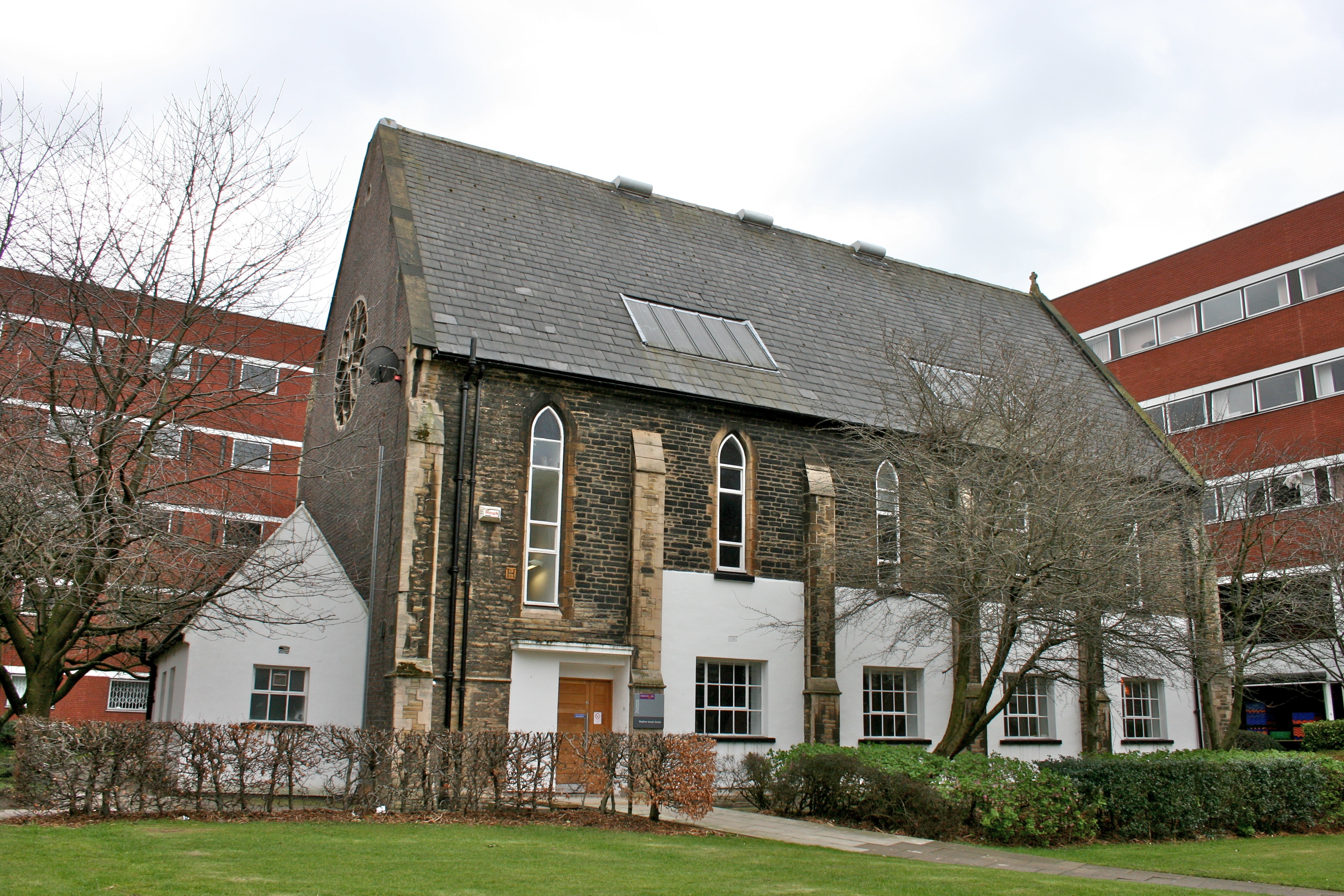|
Walter Copinger
Walter Arthur Copinger (14 April 1847 – 13 March 1910) was an English professor of law, antiquary and bibliographer. Early life and education Copinger was born on 14 April 1847 at Clapham, the second son of Charles Louis George Emanuel Copinger and his wife Mary, widow of George James, and daughter of Thomas Pearson of Shepperton, Surrey. Educated at the private school of John Andrews at Wellesley House, Brighton, he passed to University College, Durham, but left Durham without completing his course to enter the office of a relative who was a solicitor in London. He did not remain there long. In 1866 he was admitted a student of the Middle Temple, and after spending a short time in the chambers of T. Bourdillon, a well-known conveyancing counsel, he was called to the bar on 26 January 1869. He had mastered the principal treatises of law, and especially the law of real property. Career In 1870 Copinger settled in Manchester, and commenced practice as an equity draughtsman and ... [...More Info...] [...Related Items...] OR: [Wikipedia] [Google] [Baidu] |
Antiquarian
An antiquarian or antiquary () is an aficionado or student of antiquities or things of the past. More specifically, the term is used for those who study history with particular attention to ancient artefacts, archaeological and historic sites, or historic archives and manuscripts. The essence of antiquarianism is a focus on the empirical evidence of the past, and is perhaps best encapsulated in the motto adopted by the 18th-century antiquary Sir Richard Colt Hoare, "We speak from facts, not theory." The ''Oxford English Dictionary'' first cites "archaeologist" from 1824; this soon took over as the usual term for one major branch of antiquarian activity. "Archaeology", from 1607 onwards, initially meant what is now seen as "ancient history" generally, with the narrower modern sense first seen in 1837. Today the term "antiquarian" is often used in a pejorative sense, to refer to an excessively narrow focus on factual historical trivia, to the exclusion of a sense of histori ... [...More Info...] [...Related Items...] OR: [Wikipedia] [Google] [Baidu] |
Edward White Benson
Edward White Benson (14 July 1829 – 11 October 1896) was archbishop of Canterbury from 1883 until his death. Before this, he was the first Bishop of Truro, serving from 1877 to 1883, and began construction of Truro Cathedral. He was previously a schoolmaster and was the first Master of Wellington College, Berkshire, Wellington College from 1859 to 1872. Life Edward White Benson was born at Lombard Street in Highgate, Birmingham, on 14 July 1829, the eldest of eight children of chemical manufacturer Edward White Benson senior (26 August 1802 – 7 February 1843) and his wife Harriet Baker Benson (13 June 1805 – 29 May 1850). He was baptised in St Martin in the Bull Ring, Birmingham, on 31 March 1830. The family moved to Wychbold when his father became manager of the British Alkali Works at Stoke Prior, Worcestershire. From 1840, he was educated at King Edward's School, Birmingham and then Trinity College, Cambridge, where he graduated BA (8th in the Classical tripos) in 18 ... [...More Info...] [...Related Items...] OR: [Wikipedia] [Google] [Baidu] |
Ælfric Of Eynsham
Ælfric of Eynsham (; ; ) was an English abbot and a student of Æthelwold of Winchester, and a consummate, prolific writer in Old English of hagiography, homilies, biblical commentaries, and other genres. He is also known variously as ''Ælfric the Grammarian'' (''Alfricus Grammaticus''), ''Ælfric of Cerne'', and ''Ælfric the Homilist''. In the view of Peter Hunter Blair, he was "a man comparable both in the quantity of his writings and in the quality of his mind even with Bede himself." According to Claudio Leonardi, he "represented the highest pinnacle of Benedictine reform and Anglo-Saxon literature". Life and works Ælfric was educated in the Benedictine Old Minster at Winchester under Saint Æthelwold, who was bishop there from 963 to 984. Æthelwold had carried on the tradition of Dunstan in his government of the abbey of Abingdon, then in Berkshire, and at Winchester he continued his strenuous support for the English Benedictine Reform. He seems to ha ... [...More Info...] [...Related Items...] OR: [Wikipedia] [Google] [Baidu] |
Catholic Apostolic Church
The Catholic Apostolic Church (CAC), also known as the Irvingian Church or Irvingite Church, is a Christian denomination, denomination in the Restorationist branch of Christianity. It originated in Scotland around 1831 and later spread to Germany and the United States. The tradition to which the Catholic Apostolic Church belongs is sometimes referred to as Irvingism or the Irvingian movement after Edward Irving (1792–1834), a clergyman of the Church of Scotland credited with organising the movement. The church was organised in 1835 with the fourfold ministry of "apostles, prophets, evangelists, and pastors". The denominations in the tradition of the Catholic Apostolic Church teach "the restoration to the universal church of prophetic gifts by the direct inspiration of the Holy Ghost." As a result of schism within the Catholic Apostolic Church, other Irvingian Christian denominations emerged, including the Old Apostolic Church, New Apostolic Church, Reformed Old Apostolic Ch ... [...More Info...] [...Related Items...] OR: [Wikipedia] [Google] [Baidu] |
Lord Of The Manor
Lord of the manor is a title that, in Anglo-Saxon England and Norman England, referred to the landholder of a historical rural estate. The titles date to the English Feudalism, feudal (specifically English feudal barony, baronial) system. The lord enjoyed Manorialism, manorial rights (the rights to establish and occupy a residence, known as the manor house and demesne) as well as seignory, the right to grant or draw benefit from the estate (for example, as a landlord). The title is not a peerage or title of upper nobility (although the holder could also be a peer) but was a relationship to land and how it could be used and those living on the land (tenants) may be deployed, and the broad estate and its inhabitants administered. The title continues in modern England and Wales as a legally recognised form of property that can be held independently of its historical rights. It may belong entirely to one person or be a moiety title, moiety shared with other people. The title is know ... [...More Info...] [...Related Items...] OR: [Wikipedia] [Google] [Baidu] |
Buxhall
Buxhall is a village and a civil parish in the Mid Suffolk district, in the county of Suffolk, England. The nearest town is Stowmarket. It is home to a public house, St Mary's Church, Buxhall Windmill, and a village recreation ground with children's play area. The antiquarian Walter Arthur Copinger Walter Arthur Copinger (14 April 1847 – 13 March 1910) was an English professor of law, antiquary and bibliographer. Early life and education Copinger was born on 14 April 1847 at Clapham, the second son of Charles Louis George Emanuel Copin ... published his ''History of the parish of Buxhall in the county of Suffolk'' which featured twenty four illustrations by William Ayliffe. References * Philip's Street Atlas Suffolk (page 66) External links Buxhall Village Website Villages in Suffolk Mid Suffolk District Civil parishes in Suffolk {{Suffolk-geo-stub ... [...More Info...] [...Related Items...] OR: [Wikipedia] [Google] [Baidu] |
Suffolk
Suffolk ( ) is a ceremonial county in the East of England and East Anglia. It is bordered by Norfolk to the north, the North Sea to the east, Essex to the south, and Cambridgeshire to the west. Ipswich is the largest settlement and the county town. The county has an area of and a population of 758,556. After Ipswich (144,957) in the south, the largest towns are Lowestoft (73,800) in the north-east and Bury St Edmunds (40,664) in the west. Suffolk contains five Non-metropolitan district, local government districts, which are part of a two-tier non-metropolitan county administered by Suffolk County Council. The Suffolk coastline, which includes parts of the Suffolk & Essex Coast & Heaths National Landscape, is a complex habitat, formed by London Clay and Crag Group, crag underlain by chalk and therefore susceptible to erosion. It contains several deep Estuary, estuaries, including those of the rivers River Blyth, Suffolk, Blyth, River Deben, Deben, River Orwell, Orwell, River S ... [...More Info...] [...Related Items...] OR: [Wikipedia] [Google] [Baidu] |
Edinburgh Review
The ''Edinburgh Review'' is the title of four distinct intellectual and cultural magazines. The best known, longest-lasting, and most influential of the four was the third, which was published regularly from 1802 to 1929. ''Edinburgh Review'', 1755–1756 The first ''Edinburgh Review'' was a short-lived venture initiated in 1755 by the Select Society, a group of Scottish men of letters concerned with the Enlightenment goals of social and intellectual improvement. According to the preface of the inaugural issue, the journal's purpose was to "demonstrate 'the progressive state of learning in this country' and thereby to incite Scots 'to a more eager pursuit of learning, to distinguish themselves, and to do honour to their country.'" As a means to these ends, it would "''give a full account'' of all books published in Scotland within the compass of half a year; and ... take some notice of such books published elsewhere, as are most read in this country, or seem to have any titl ... [...More Info...] [...Related Items...] OR: [Wikipedia] [Google] [Baidu] |
Henry VIII Of England
Henry VIII (28 June 149128 January 1547) was King of England from 22 April 1509 until his death in 1547. Henry is known for his Wives of Henry VIII, six marriages and his efforts to have his first marriage (to Catherine of Aragon) annulled. His disagreement with Pope Clement VII about such an annulment led Henry to initiate the English Reformation, separating the Church of England from papal authority. He appointed himself Supreme Head of the Church of England and dissolution of the monasteries, dissolved convents and monasteries, for which he was List of people excommunicated by the Catholic Church, excommunicated by the pope. Born in Greenwich, Henry brought radical changes to the Constitution of England, expanding royal power and ushering in the theory of the divine right of kings in opposition to papal supremacy. He frequently used charges of treason and heresy to quell dissent, and those accused were often executed without a formal trial using bills of attainder. He achi ... [...More Info...] [...Related Items...] OR: [Wikipedia] [Google] [Baidu] |
Greenheys, Manchester
Greenheys is an inner-city area of south Manchester, England, lying between Hulme to the north and west, Chorlton-on-Medlock to the east and Moss Side to the south. Elizabeth Gaskell's first novel, ''Mary Barton'', published in 1848, opens with a description of Greenheys, then still a rural area on the outskirts of the city. The writer Thomas De Quincey and pioneer socialist Robert Owen both lived at Greenheys House, overlooking the now culverted Cornbrook river. Manchester Science Park is on Pencroft Way, Lloyd Street North. Old Abbey Taphouse incident On 30 September 1953, in a blatant act of Racial segregation in the United Kingdom, racial segregation, black boxer Len Johnson (boxer), Len Johnson and his friends were refused service at the Old Abbey Taphouse pub in Greenheys on account of the colour of Johnson's skin. Manchester police were called to the pub and Johnson and his friends were thrown out. Johnson was angered by this and enlisted the help of the then-Lord M ... [...More Info...] [...Related Items...] OR: [Wikipedia] [Google] [Baidu] |
Incunable
An incunable or incunabulum (: incunables or incunabula, respectively) is a book, pamphlet, or broadside that was printed in the earliest stages of printing in Europe, up to the year 1500. The specific date is essentially arbitrary, but the number of printed book editions exploded in the following century, so that all incunabula, produced before the printing press became widespread in Europe, are rare, where even some early 16th-century books are relatively common. They are distinct from manuscripts, which are documents written by hand. Some authorities on the history of printing include block books from the same time period as incunabula, whereas others limit the term to works printed using movable type. there are about 30,000 distinct incunable editions known. The probable number of surviving individual copies is much higher, estimated at 125,000 in Germany alone. Through statistical analysis, it is estimated that the number of lost editions is at least 20,000. Aro ... [...More Info...] [...Related Items...] OR: [Wikipedia] [Google] [Baidu] |
Virgil
Publius Vergilius Maro (; 15 October 70 BC21 September 19 BC), usually called Virgil or Vergil ( ) in English, was an ancient Rome, ancient Roman poet of the Augustan literature (ancient Rome), Augustan period. He composed three of the most famous poems in Latin literature: the ''Eclogues'' (or ''Bucolics''), the ''Georgics'', and the Epic poetry, epic ''Aeneid''. A number of minor poems, collected in the ''Appendix Vergiliana'', were attributed to him in ancient times, but modern scholars generally regard these works as spurious, with the possible exception of a few short pieces. Already acclaimed in his own lifetime as a classic author, Virgil rapidly replaced Ennius and other earlier authors as a standard school text, and stood as the most popular Latin poet through late antiquity, the Middle Ages, and early modernity, exerting inestimable influence on all subsequent Western literature. Geoffrey Chaucer assigned Virgil a uniquely prominent position among all the celebrities ... [...More Info...] [...Related Items...] OR: [Wikipedia] [Google] [Baidu] |









